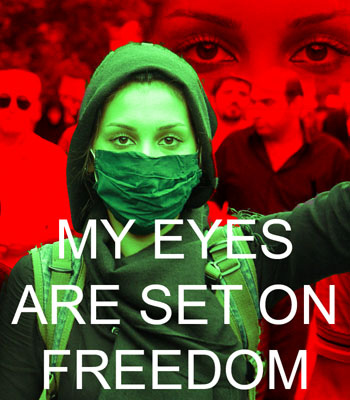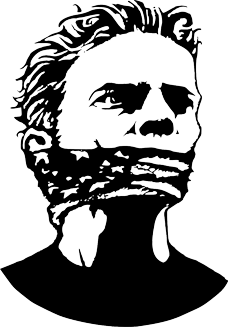| Lonesome Cities and Empty Streets - An Appreciation of Rod McKuen (1933-2015) by Rene Wadlow 2015-02-21 13:07:37 | |
Rod McKuen was a poet, songwriter and music composer − all self-taught. He had left home at 11 to escape an alcoholic and brutal stepfather, and was nearly all his life on the move − “a thousand streets walked end to end.” Of his late childhood he wrote “I came through the clothesline maze of childhood in basketball shoes, up from the cracked cement of sidewalks. I moved into the country knowing love better than long division.” (1)
By the late 1950s, the Beat scene in San Francisco was over. Kerouac and Ginsburg moved to New York and McKuen to Paris where he fell in and out of love. “I've drawn your face on tablecloths across the country, tracing your smile with my index finger, making your hair just so. Till now you're more what I want you to be than what you are. I can paint your eyes and say this is where I lived for twenty minutes and more.” In Paris he discovered the songs of Jacques Brel with whom he felt a deep kinship. McKuen translated Brel's songs and adapted the music. On McKuen's return to the USA, he did much to make Brel known to an American public. He also worked on words and music for other singers − the best known being Frank Sinatra's album A Man Alone McKuen divided his time between Europe and the USA, rarely staying in one place for long, but his simple and sad poems made him a best-selling poet. “I live alone, that hasn't always been easy to do for just a single man. Sometimes at night the walls talk back to me. They seem to say wasn't yesterday a better day.” True to the Beat style, he gave concerts of his poems with music background, sometimes singing the texts, but more often, his was a spoken-word poetry. In 1981, he gave up the concerts having been diagnosed with clinical depression. His books of poems continued to sell as the children of the 1960s generation who had been fans discovered them. He lived with his half-brother, and it seems that he continued to write but published little − remaining a voice of the 1950-1960s. As he said of himself “Hello's the word before good-bye.” ***************************** (1) All quotes are from poems in Rod McKuen lonesome cities (New York: Random House, 1967).
****************************** René Wadlow, president and a U.N. representative (Geneva) of the Association of World Citizens and editor of Transnational Perspectives. | |
Copyright mediaforfreedom.com


